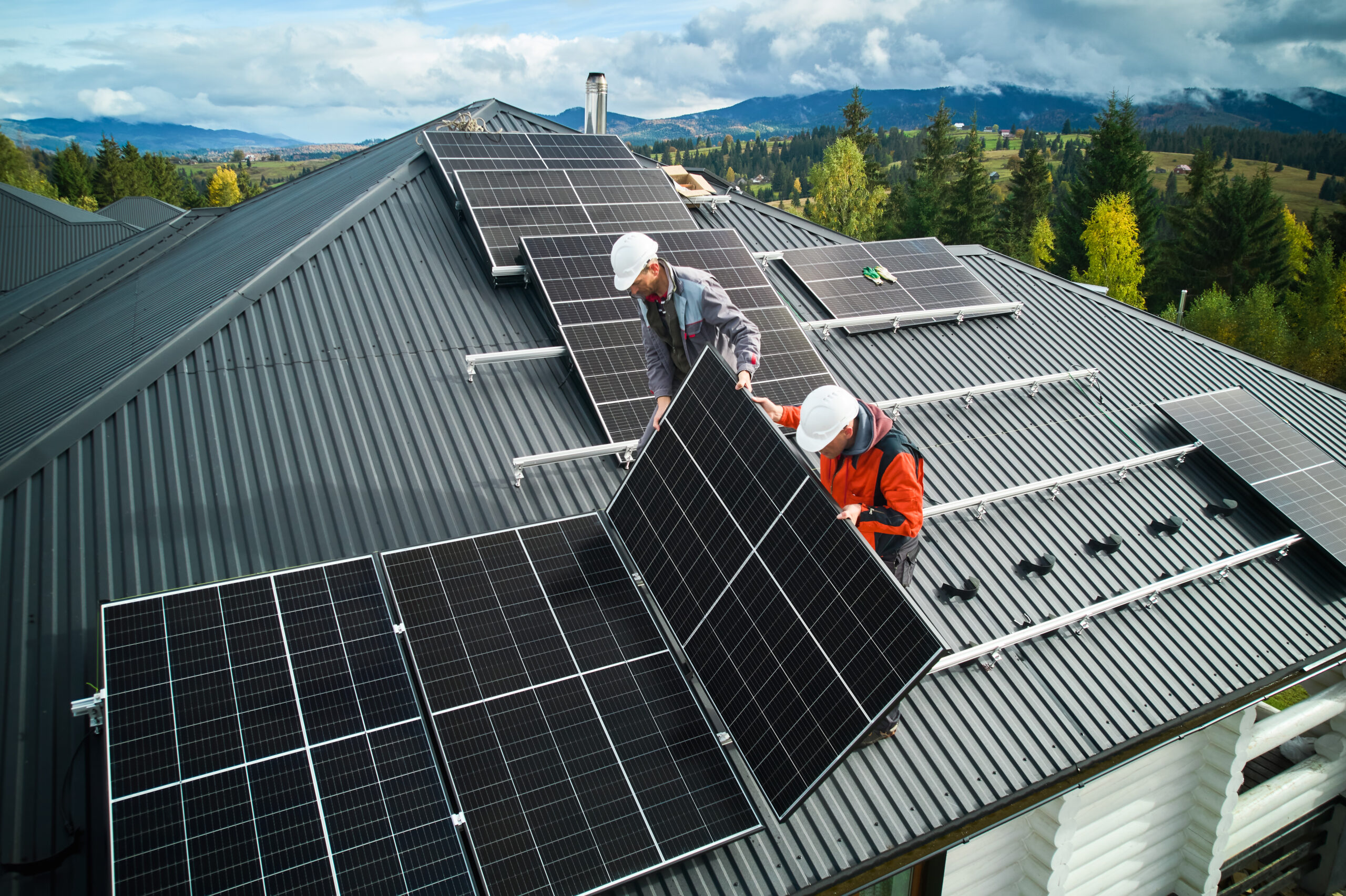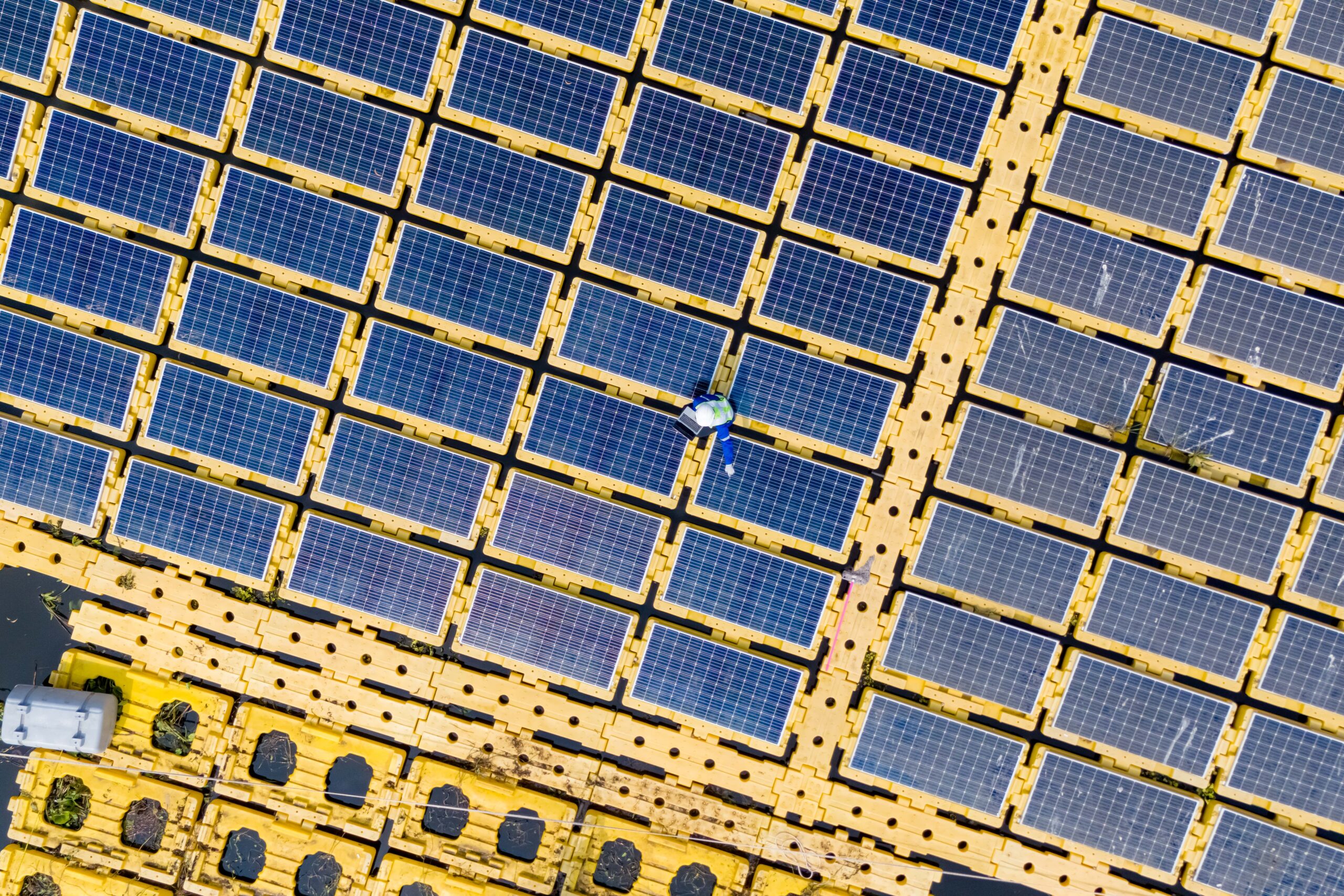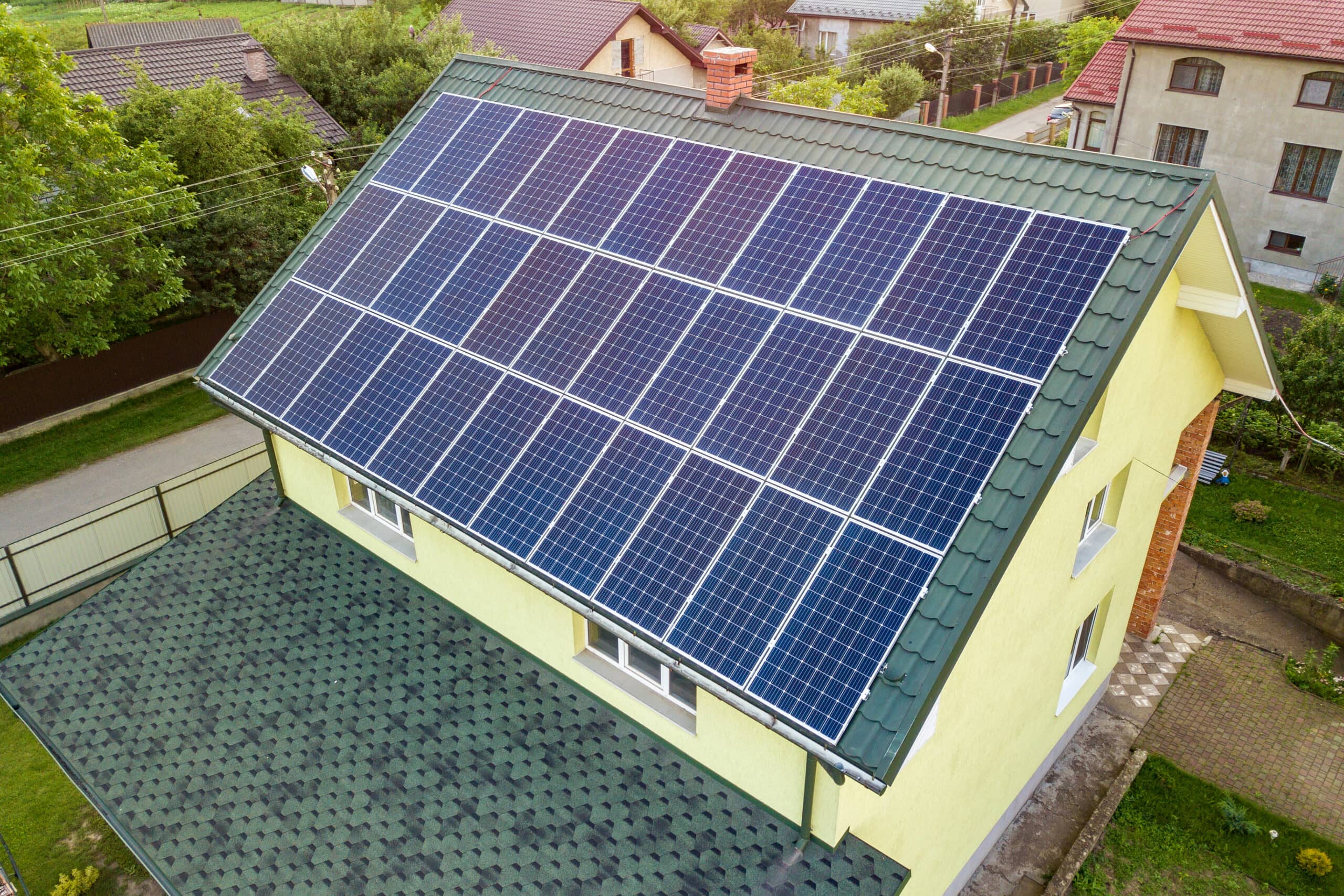Alberta is witnessing a surge in the adoption of solar energy as homeowners seek sustainable power solutions. Understanding the regulatory landscape is crucial for those considering solar panel installations. This article examines the necessity of permits for installing solar panels in Alberta, shedding light on the process, prerequisites, and critical factors for homeowners to consider.
What Is a Permit?
What is a permit, and why do you need it to install solar panels? A permit is like a green light from the authorities that gives you the go-ahead to set up your solar panels safely and in compliance with regulations. It’s your ticket to a smooth installation process.
Permits ensure the installation meets local building codes and safety standards, protecting the homeowner and the community. By obtaining the necessary licenses, you also contribute to the orderly development of renewable energy infrastructure.
Regarding regulatory authorities in Alberta, you’ll be dealing with a few key players. These include municipal governments, the Alberta Utilities Commission, and other local bodies. These entities oversee the permitting process, ensuring that installations meet safety standards and align with the region’s energy guidelines.
Each regulatory body plays a specific role in the permitting process. For instance, municipal governments are responsible for local building permits, while the Alberta Utilities Commission ensures that the installation complies with broader energy regulations. Understanding the function of each entity can help streamline the permit application process.
Let’s explore the specific permits required for solar panel installations in Alberta.
Electrical permits are essential as they ensure that the electrical work associated with solar panel installations meets safety standards and is carried out by qualified professionals. The municipality typically issues these permits or the Electrical Safety Authority (ESA) in Alberta. They are crucial for verifying that the electrical components of the solar panel system are installed correctly, reducing the risk of electrical hazards and ensuring compliance with regulations. Moreover, obtaining an electrical permit can prevent potential legal issues, as unpermitted electrical work can lead to fines and the need for costly corrections.
Building permits are necessary for solar panel installations when structural modifications are involved, such as roof installations or mounting systems that affect the building’s integrity. These permits are usually obtained from the local building department. They are essential to ensure that the structural changes meet building codes, safeguard the property’s structural integrity, and ensure compliance with construction regulations.
Ground-mounted solar panels may require zoning and land use permits to ensure that the installation complies with local zoning laws and land use regulations. The municipal planning department typically issues these permits. They are essential for verifying that the location of the solar panels adheres to zoning restrictions, such as setback requirements and land use designations, to maintain the area’s aesthetics and uphold zoning regulations.
The application process for permits in Alberta involves several steps. Firstly, you would need to gather all necessary documentation, including detailed solar panel system plans, electrical diagrams, and structural specifications. Once your documentation is ready, you will submit your permit application to the relevant authorities, such as the municipality or regulatory bodies. Inspections may be required at various stages of the installation process to ensure compliance with safety standards. Finally, approvals are granted once the installation meets all requirements and regulations.
Regarding costs, obtaining permits for solar panel installations in Alberta can vary depending on the type of permits required and the project’s complexity. Costs may include application fees, inspection fees, and any additional charges for specialized licenses. As for timelines, the approval process typically takes a few weeks to a few months, again depending on the project’s scope and the permitting authorities’ efficiency. Planning your solar panel installation to avoid delays and unexpected expenses is essential to factor in these costs and timelines.
It is crucial to emphasize the importance of hiring certified installers familiar with local regulations and permitting requirements for solar panel installations. Certified professionals have the expertise to design and install solar panel systems that meet safety standards and comply with all necessary regulations. By working with certified installers, homeowners can ensure that their solar panel installation is done correctly, minimizing the risk of issues arising during the permitting process. Additionally, professional installers can help navigate the complexities of the permitting process, ensuring a smoother and more efficient experience for homeowners.
While some homeowners may consider a do-it-yourself (DIY) approach to solar panel installations to save costs, there are essential factors to consider. DIY installations can be feasible for individuals with a strong understanding of solar technology and electrical systems. However, there are risks associated with DIY installations, especially when it comes to permitting. Without Stanton Solar’s guidance, homeowners may face challenges meeting permitting requirements, leading to delays or project cancellations. Permitting authorities often require detailed plans and documentation, which may be more challenging for DIY installations to provide. Homeowners need to weigh the feasibility and risks of DIY installations carefully, considering the potential permitting challenges that may arise.
Homeowners often encounter hurdles in the permitting process due to the bureaucratic nature of regulatory procedures. One common challenge is the complexity of permit applications and the documentation required. To overcome this, it’s essential for homeowners to thoroughly research the specific permitting requirements in Alberta and ensure they have all the necessary documentation in order. Engaging with local authorities early in the process can help clarify any uncertainties and streamline the application process. Additionally, working with experienced professionals, such as certified installers or permit expeditors, can provide valuable guidance and support in navigating bureaucratic obstacles efficiently.
Compliance issues can arise when installations do not meet regulatory requirements, leading to delays or project setbacks. Common compliance issues include improper system design, inadequate structural support, or failure to adhere to electrical codes. To ensure installations meet all regulatory requirements, homeowners should work closely with certified professionals with a strong understanding of local regulations. Conducting thorough site assessments, following best practices in system design, and using quality components can help mitigate compliance risks. Occasional communication with permitting authorities and scheduling inspections at key project milestones can also help address compliance issues proactively and ensure a smooth permitting process.
Complying with permitting procedures is crucial for ensuring the safety and reliability of solar panel installations. Permitting processes typically involve inspections by qualified professionals to verify that the system is installed correctly and meets all safety standards. By following permitting requirements and obtaining approvals, homeowners can have peace of mind knowing that their solar panel system is installed safely and will operate reliably. Proper inspections can help identify any potential issues early on, reducing the risk of safety hazards and ensuring the system’s longevity.
Another benefit of complying with permit requirements is the opportunity to qualify for government incentives and rebates. Many government programs and utility companies offer financial incentives to homeowners who install solar panel systems that meet specific criteria, including compliance with permitting regulations. By obtaining the necessary permits and approvals, homeowners can access these financial incentives, which can help offset the initial installation costs and make solar energy more affordable. Additionally, compliance with permit requirements can enhance the property’s resale value, as prospective buyers may value the assurance of a properly permitted solar panel system.
To recap, homeowners in Alberta must obtain permits for their solar panel installations to ensure safety, reliability, and compliance with regulations. By following the permitting process and obtaining approvals, homeowners can benefit from increased safety, reliability, and access to financial incentives and rebates.
Dear homeowners, thoroughly research and follow Alberta’s permitting process for solar panel installations. By doing so, you can ensure a smooth and successful installation that meets regulatory requirements and maximizes the safety, reliability, and financial benefits of solar energy. Good luck with your solar panel project!




